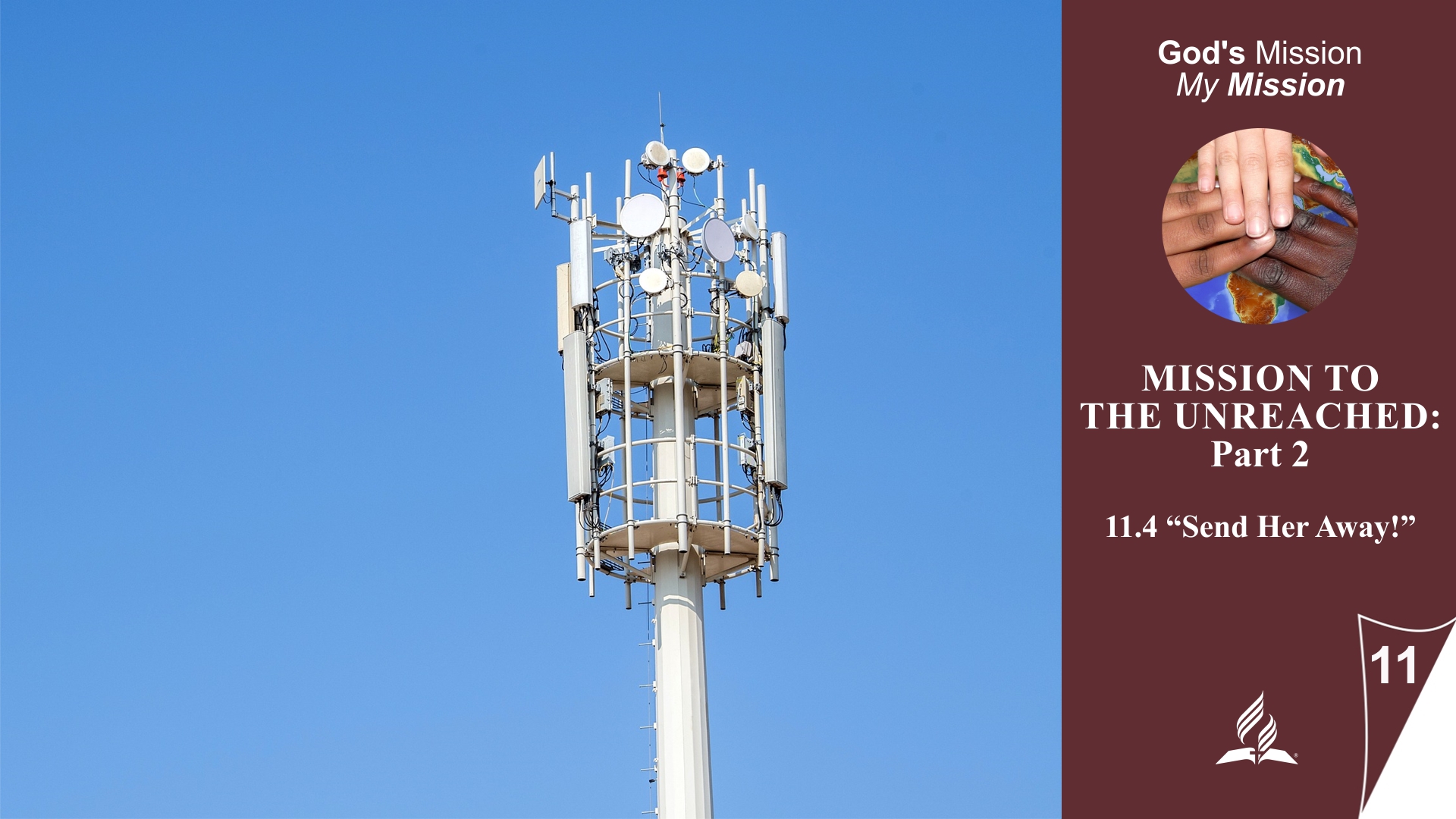

The section “Send them away!” urges us to recognize and overcome the mistakes of the past that prevented the people of God at the time of Christ from bringing the hope of the Messiah to unreached areas like Tyre and Sidon. Nationalism, pride, and prejudice made the people blind to the longing for hope in the hearts of those who seemed foreign to them. Today, in our cities, there are still diverse population groups seeking the “blessed hope” of the gospel.
The lesson from Acts 10:9–16, 28, 34–35 emphasizes the crucial change in Peter’s mindset. Through the vision of the sheet with unclean animals, he realized that God does not show partiality and that people from all nations, who fear God and practice righteousness, are pleasing to Him. This realization led Peter to overcome his religious pride and narrow-mindedness towards the Gentiles.
Jesus’ interaction with the mother in Tyre and Sidon, described as a Gentile and Canaanite, highlights similar lessons. The disciples learned that God’s love and hope apply to all people, regardless of their ethnic or cultural background. These teachings are closely related to Peter’s vision and underscore the importance of overcoming prejudices and narrow-mindedness to fulfill God’s mission in the cities.
For us today, questions about our own prejudices and limitations are crucial. What prejudices hinder us from seeing the needs of urban dwellers? What opportunities has God given us in the cities to expand our understanding of mission? These questions challenge us to honestly confront our own nationalism, bigotry, and spiritual pride. Just as Jesus patiently taught His disciples, we too can develop the ability, through the Holy Spirit, to overcome our prejudices and fulfill our mission in the cities.
Read Galatians 2:11–13. What does this teach us about how challenging it can be to free ourselves from the prejudices taught to us from childhood?
“But when Cephas came to Antioch, I opposed him to his face because he stood condemned. For before certain men came from James, he was eating with the Gentiles; but when they came, he drew back and separated himself, fearing the circumcision party. And the rest of the Jews acted hypocritically along with him, so that even Barnabas was led astray by their hypocrisy. But when I saw that their conduct was not in step with the truth of the gospel, I said to Cephas before them all, ‘If you, though a Jew, live like a Gentile and not like a Jew, how can you force the Gentiles to live like Jews?'” Galatians 2:11–13
These verses recount a situation where the apostle Peter (Cephas) is confronted about his behavior towards non-Jews. Peter withdrew from eating with Gentiles when certain men from James came, fearing the party that insisted on maintaining the separation between Jews and Gentiles.
The lesson we can learn from this incident shows how challenging it can be to free ourselves from the prejudices taught to us from childhood. Peter, despite being an apostle, allowed himself to be influenced by cultural and ethnic prejudices. He deviated from the truth of the gospel, leading others, including Barnabas, with him.
This incident reminds us that even people in the followership of Jesus can face challenges in overcoming prejudices and deeply rooted cultural beliefs. It illustrates how important it is to constantly remember that the gospel reaches all people without distinction and that our lifestyle and interactions should align with this truth. The liberation from prejudices often requires courage, self-reflection, and the willingness to step out of our comfort zones. This Bible passage reminds us that no one is immune to prejudices and encourages us to continually align ourselves with the truth of the gospel, calling all people to a united community in Christ.
Visited 30 times, 1 visit(s) today






